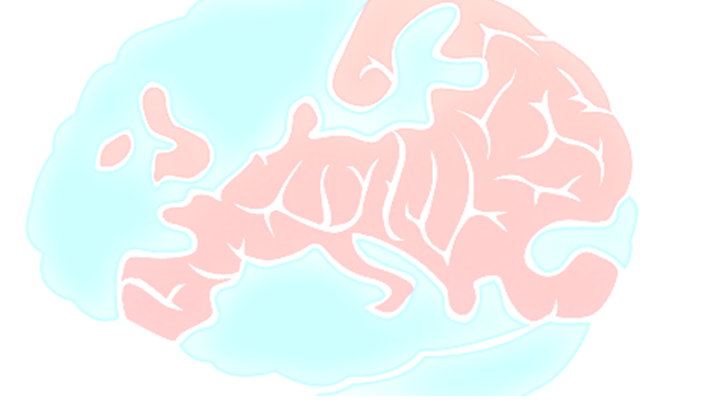
by Chiara Romano Bosch. Originally published on 2014/01/09
Nine years after the Orange Revolution, Ukrainians have taken to the streets of Kiev to protest against the government’s refusal to sign what would have been the starting point for a future entrance to the European Union. On the 29th of November 2013, at the EU Summit in Vilnius, President Viktor Yanukovych suspended his signature in an association agreement that took more than a year of negotiations to draft. But although the desire to enter the EU was the spark that ignited the fire, the situation took a turn when the protests began demanding for the resignation of the current President of the country.
Thousands of protesters gathered in the same squares where, in 2004, Yulia Timoshenko and Viktor Yuskenko had seized the power that once belonged to Viktor Yanukovich, who is once again the main enemy. The country finds itself divided between the government, strongly dependent on its Russian alliance, and the pro-European protesters who are calling for a revision of the economic-political agreements between Moscow and Kiev. Those who have taken to the streets are not only the followers of Yulia Tymoshenko and the heirs of the democratic dream led by Vitali Klitschko, but also nationalists and citizens who strive for a greater and more independent national sovereignty, away from Moscow’s prying eye.
The protest is evidently complex and not just a simple reaction to the failed agreement between the EU and Ukraine as it brought back many unresolved issues between the national government and its citizens. On the other hand, Kiev has to carefully consider what it is going to decide in the upcoming weeks, as whatever may come will have a huge impact on its commercial relations with Russia, which has been investing capital in the Ukrainian economy, supplying petroleum and creating a privileged import-export channel with the nation. However, the economic dependency does lead to conflicts of interests as Ukraine attempts to acquire more autonomy and liberty of action, thus recalling the historical and cultural interests that underlie the relationship. Kiev’s export sector towards Russia is estimated at a value of 35 million euros- not something to consider lightly.
What is even more crucial is the geopolitical reality that has trapped Kiev between the desire to be part of the EU, and being unable to step out of Moscow’s influence. The main differences for Ukraine between the advantages of the EU proposal and those offered by Russia is that Russia is able to supply immediate loans to the weak Ukrainian economy, while Brussels offered commercial advantages and loans on a mid-tern, long-term basis. Unfortunately, considering the fragile state of the Ukrainian economy, time is a commodity it cannot afford.
On Tuesday Moscow signed numerous new agreements with Kiev, establishing more favourable conditions and oil prices for Ukraine. Meanwhile, the EU, who has great interests in including Ukraine into its circle so as to extend its values across to the East, has stated that, despite recent events, it will always welcome Ukraine with open arms.
The conditions anticipated by this alliance will present some dramatic changes for millions of workers: the market will be open to cheaper products and of better quality, with the problem, for the Ukrainian commerce, of not being able to export its own products to other markets such as Russia and other former Soviet states. The introduction of the European rules and the market quotas would bring to the end of what remains of the industrial industry. All of this is seen as a threat, especially to that select elite population of Ukraine that is willing to change front from Moscow to Brussels. The lack of flexibility on the part of the EU in negotiating more favourable terms for Kiev has thus provoked the current crisis.
Although the country has been in turmoil for weeks, perhaps the President’s decision to refuse to sign the EU agreement might bring some good; it kept its ties with Russia while forcing the EU to reassess their mediocre offer with too many conditions. As the protests continue, the whole of Europe awaits to see who will win this tug-of-war.

 The invention of development: power, narrative, and the afterlife of Truman’s speech
The invention of development: power, narrative, and the afterlife of Truman’s speech  Is the World Trade Organisation a Failure?
Is the World Trade Organisation a Failure?  Is EU citizenship for sale – or for keeps? A critical analysis of the CJEU’s Golden Visa ruling.
Is EU citizenship for sale – or for keeps? A critical analysis of the CJEU’s Golden Visa ruling.  The European Union in Space: From exploration and innovation to security and autonomy
The European Union in Space: From exploration and innovation to security and autonomy 


